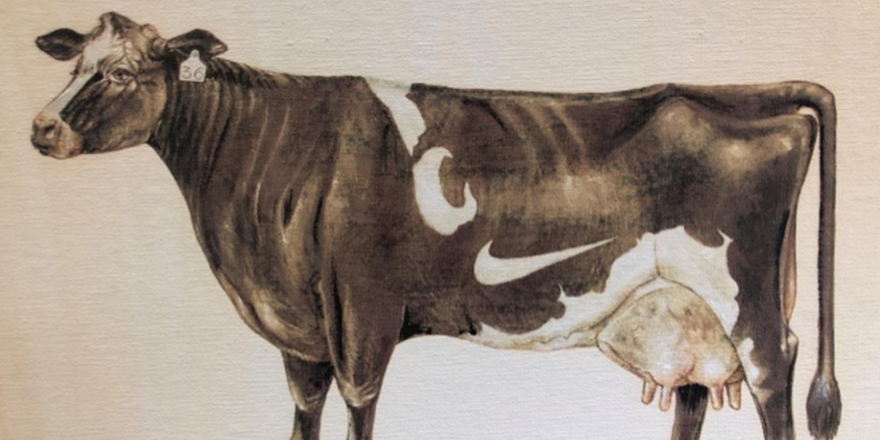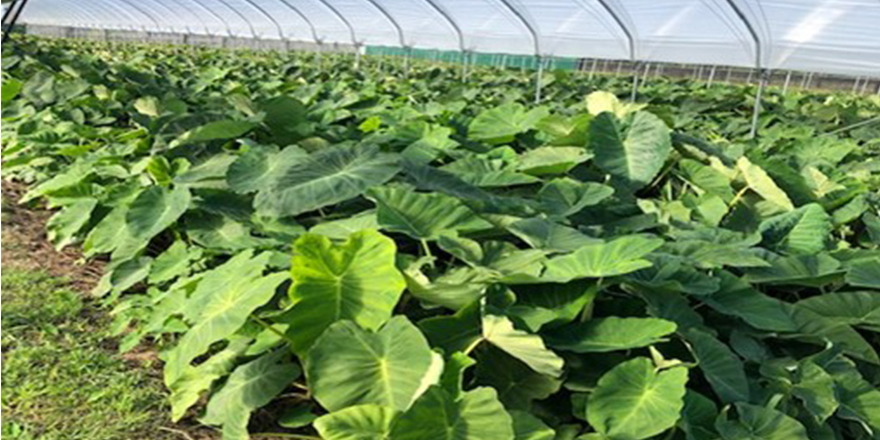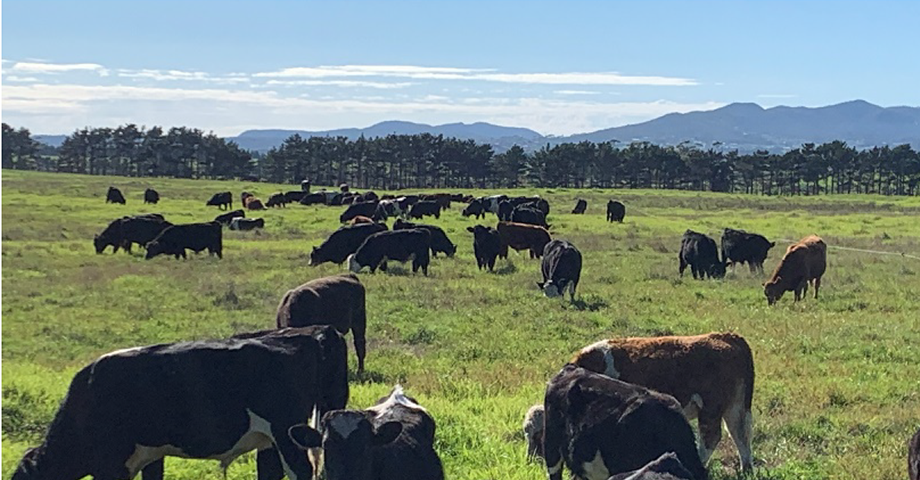
Executive Summary
New Zealand companies that export goods face the challenges of seeking cost effective ways to overcome the disadvantages of a small domestic market, the high cost of domestic production, stringent regulations and compliance, and the geographical distance to major markets. One approach to respond to this challenging environment is business collaboration, using strategic alliances. Strategic alliances need to comply with the commerce act however and avoid anticompetitive behaviour. The purpose of this report is to investigate three key areas regarding strategic alliances:
- Explore the benefits and risks associated with alliance relationships
- Understand how to implement and maintain a strategic alliance
- Investigate the current use of strategic alliances in the agriculture industry and the appetite for more collaboration
The methodology used for this report includes a literature review and a qualitative approach was conducted using interviews with industry leaders. The responses from the interviews were categorised and key trends identified. This allowed me to draw recommendations and identify key actions.
International research has shown the use of strategic alliances are increasing rapidly. The intention of a strategic alliance has typically centred around growth, sharing resources, extending reach, access to information / knowledge, and to enhance a product. However, strategic alliances need to be approached with caution as numerous studies indicate that 50% of all strategic alliances will underperform, and 30% will fail outright. Poor execution is responsible for 86% of all failed alliances.
The findings in this report indicate there are enormous opportunities for improving outcomes. This report identifies the crucial steps and actions required during the implementation and on-going management of a strategic alliance. Recognising and adapting to the unique characteristics of each alliance can dramatically increase the likelihood of success for everyone involved.
It is my recommendation that a strategic alliance should be considered within any company growth strategy. I recommend having a check list and work through a process, with three key focus areas being:
- Have a sound business plan
- Have real clarity on the purpose
- Getting the right partner
Supporting my view, 90% of industry leaders interviewed are considering a new alliance going forward. Furthermore 100% of industry leaders believe there is an opportunity for more collaboration in the industry, and agree strategic alliances are a good tool to achieve this.




